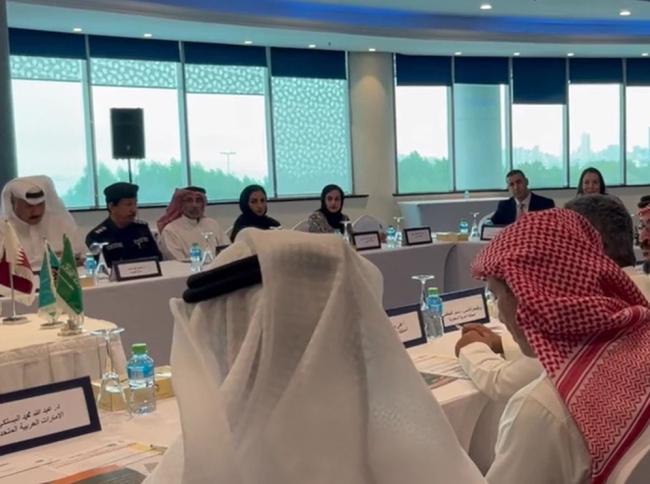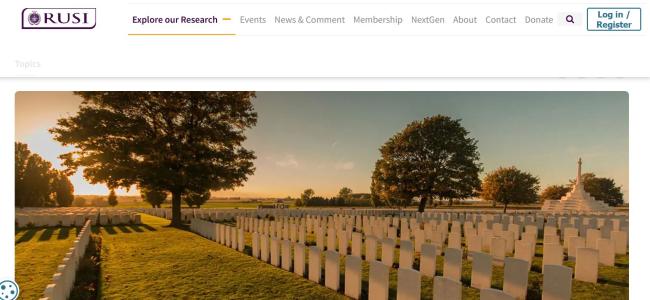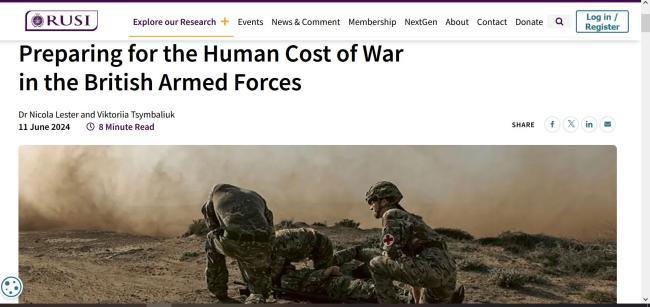The first regional forensic round table for the Gulf Cooperation Council countries organized in Kuwait

Strengthening medico-legal and forensic services helps authorities search for missing persons and identify the deceased. This reduces the number of long-term missing persons. Between 30 November and 1 December 2022, the ICRC held the first regional round table for forensic practitioners and academics from the Gulf Cooperation Council (GCC) countries in coordination with the Kuwait General Department of Criminal Evidence, the Ministry of the Interior, and the Kuwait Ministry of Foreign Affairs. The event aimed to benefit from the Kuwaiti experience in addressing the need to build regional forensic capacities and expertise on missing persons identification and disaster victim identification, and research on locating gravesites using drones and geographic information system mapping.
More than 25 participants from Bahrain, Kuwait, Oman, Qatar, Saudi Arabia and the United Arab Emirates contributed by sharing their unique experience and developing a roadmap for a joint GCC-ICRC forensic regional capacity-building plan, which includes developing the first ever academic course on human identification in Arabic.
After an overview of international humanitarian law and domestic GCC laws related to missing persons, day one of the round table focused on presentations by each GCC country, highlighting their capacities and expertise in human identification, the role of academia in developing regionally targeted curricula in forensic science and highlighting the gaps in academia and in practice. The second day saw proposals by each state on how to fill the identified gaps, including an ICRC proposal to create a regional working group to combine efforts towards enhancing human identification capacities in the region.
The event was an important milestone in the ICRC’s attempt to address the problem of the lack of academic curricula on human identification in the Middle East and to gauge the interest of potential academic institutions to partner with the ICRC and other stakeholders to develop the first holistic human identification course for Arabic-speaking forensic practitioners.




